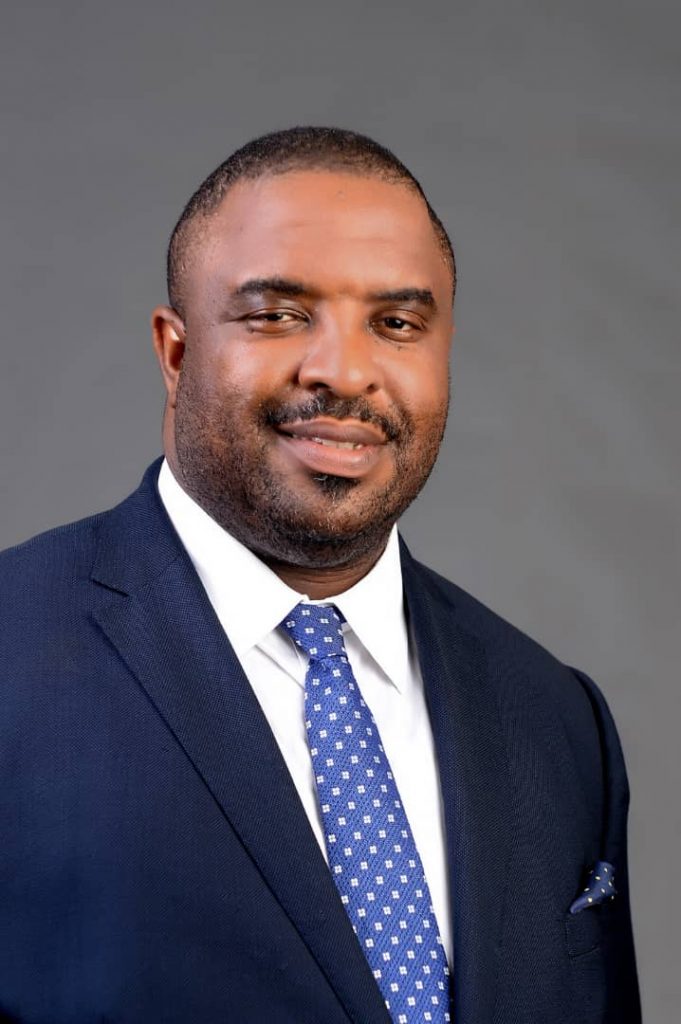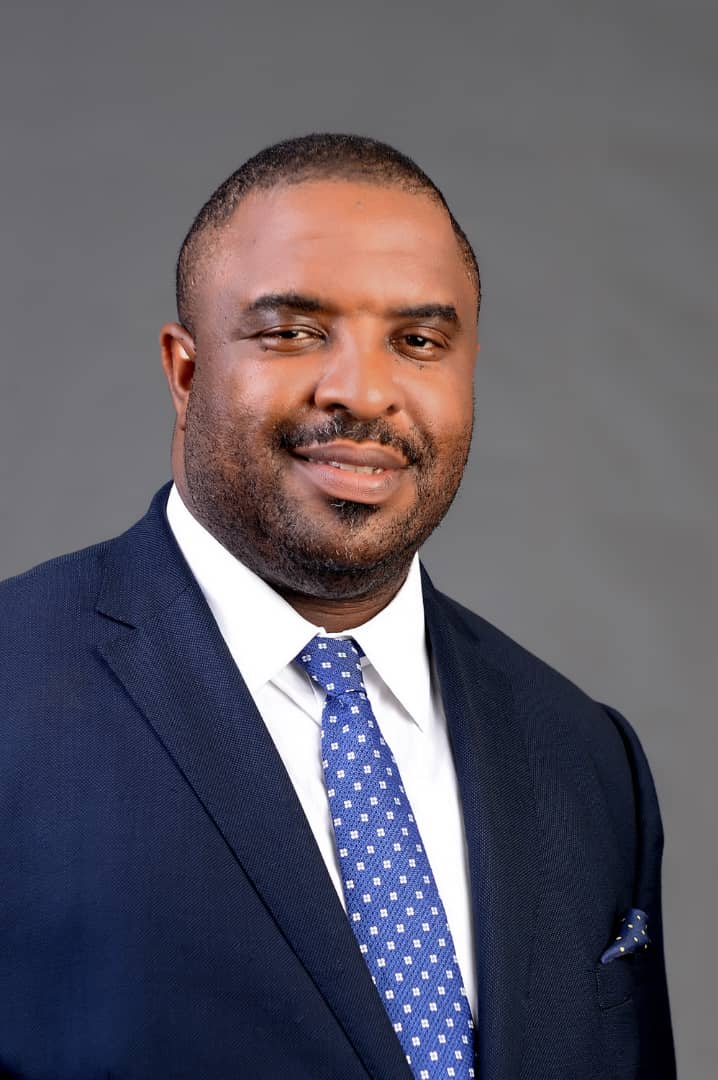
The witty saying that “a good lawyer knows the law and a great lawyer knows the judge” has some merit, but those who practice the profession know that technical depth, versatility, commercial awareness, and soft professional skills remain the foundational block for success within the legal profession. Many times, the knowledge and skills required to succeed as a lawyer are not taught in schools and may even elude some who choose to embark on the expedition on their own without some initial guidance and coaching.
Having worked at one of Nigeria’s topmost law firms, I know first-hand that the dearth of knowledge in diverse areas of law practice has contributed a great deal to the low earning capacity of most lawyers in Nigeria, resulted in unemployment or underemployment of lawyers in many parts of the country and has shifted revenue that should ordinarily accrue to Nigerian lawyers to their counterparts outside Nigeria, or to few lawyers in selected jurisdictions who dare to “do more” by growing their skills and knowledge.
The increasing presence of foreign lawyers in Nigeria, travelling in and out, to advise on some of the most significant transactions and even arbitration involving Nigerian businesses is a testament of the fact that there is work yet to be entrusted to Nigerian law firms for reasons which include, but are not limited to, the capacity of Nigerian law firms and lawyers to deal with such matters effectively and efficiently. Advancements in technology have further enabled the globalisation of services in recent years and the relative incursion by allied professional service firms has heightened the stakes for building a legal practice based on new knowledge and indeed, a quick ability to learn and upskill. Therein lies the crux of the issue that should concern all lawyers in Nigeria.
Bridging the Gap
The fact that the Nigerian Bar Association (NBA) can, and should, play a key role increasing the earning capacity of its members is not lost on anyone. Observers say that this can be achieved in various ways including through regulation of professional fees chargeable, advocating for increased roles for lawyers in the public and private sectors, and through initiatives that encourage lawyers to deepen their knowledge and expand the scope of their law practice. While each of these approaches hold some value, I will focus on the latter.
Without a doubt, the NBA needs to constantly drive its members in the direction where they are constantly updating their knowledge and skills to stay competitive in an increasingly connected world. This is one of the most prominent roles of Bar Associations around the world and is an area that one must give credit to the Olumide Akpata-led NBA for making diligent efforts to bridge the gap and change the narrative with various initiatives that will, if sustained, impact the lives, and increase the earning capacity, of lawyers in the mid to long term.
Nigeria, like many other developing countries remains a major frontier for legal business in the energy and infrastructure sectors. However, with new frontiers emerging in technology, international trade, tax, fintech, energy transition, sports, entertainment and intellectual property, it is important more than ever for Nigerian lawyers to continually build competence in the areas where their services will be required. Beyond the popular subject matters such as banking, capital markets, energy and infrastructure, the Nigerian legal market has witnessed a quiet upstart in technology advisory in recent years, which attests to the fact that stakeholders in the technology sector who hitherto patronised only foreign law firms are beginning to believe in the capacity of local advisors. The change did not happen overnight. It started with a deliberate effort by many lawyers to acquire the relevant expertise in technology and startup advisory, and thereafter positioning for briefs in that regard.
Unfortunately, even in the comparatively traditional areas of banking, capital markets, energy, infrastructure, finance, electricity, etc., most Nigerian lawyers are still falling short. The narrow focus on litigation and, perhaps, real estate practice means that lawyers are leaving so much money on the table and allowing others eat out of what should ordinarily be their dinner. The excuse of many Nigerian lawyers (including some in major cities like Lagos, Abuja and Port Harcourt) that the geographical jurisdictions where they practise limit their ability to work on some of these matters is no longer tenable in today’s world where professional services can be offered seamlessly from anywhere. The missing link is the sheer lack of knowledge and know-how by these lawyers to undertake these tasks, and the companies and clients who give these instructions to foreign firms and a handful of Nigerian lawyers fully understand this deficiency, and continue to use same as an excuse.
What is the NBA doing to address this deficiency?
As already noted, the elevated knowledge required to diversify one’s law practice and expand earning capacity may not be fully taught at schools. Yet, those who look closely will see that there are opportunities for legal services that can only be unlocked through possessing the relevant knowledge to advise on certain subject matters. It therefore behoves the NBA to, in the best interest of its members, create platforms and avenues to empower lawyers with the knowledge to harness the opportunities available in the market. This is where the NBA through its recently reactivated Institute of Continuing Legal Education (NBA-ICLE) can and does play a role.
The present NBA administration led by the NBA President, Mr. Akpata resuscitated the NBA-ICLE in March 2021 by constituting a new Governing Board led by Mr. Tobenna Erojikwe and comprising other highly esteemed lawyers who have distinguished themselves as private practitioners, academics, and in-house counsel. Mr. Erojikwe’s antecedents as erstwhile Chairman of the Continuing Legal Education & Mentorship (later Continuing Professional Development (CPD) Committee) of the NBA Lagos Branch indeed justify the NBA President’s choice.
Under Erojikwe’s leadership, the Lagos CPD Committee became, arguably, the most active organ of NBA Lagos, organising impactful interactive sessions, knowledge sharing meetings and group mentoring events with accomplished legal practitioners in various fields acting as resource persons and mentors. The interactive sessions were as impactful in content as they were in attracting large numbers, indicating that they were meeting a need that lawyers may only have silently nursed.
Today, as Chairman of the NBA-ICLE, Erojikwe is in position to parlay the achievements of the CPD under his watch to a bigger platform at the NBA-ICLE, and this will be the true test for him and the NBA. It may be early days, but the NBA-ICLE has shown quite some promise with Erojikwe at the helm of affairs. In the few months since its Governing Council was reconstituted, the NBA-ICLE has hosted a 16-Day Introductory Training on Energy Law and Policy For Lawyers (which had a total of 2767 registered attendees); it subsequently hosted an 8-Day Civil Litigation Training (which attracted up to 7286 registered attendees); a similar training on Introduction to Intellectual Property Rights, Media and Technology Law Practice was attended by 6035 participants, while a training to provide Practical Insights into the Nigerian Tax System had up to 4627 registered participants. Its most recent training on Legal Aspects of Finance: Overview, Issues & Documentation attracted over 4,963 registered participants. These numbers seem to corroborate the fact the Nigerian lawyers indeed recognise the correlation between capacity building, knowledge development and the potential increase in their earning capacity through diversification.
The NBA-ICLE is revolutionising capacity building within the NBA and is now one of the organs of the NBA directly providing the benefit of membership of the Association to all members regardless of their areas of practice. The various faculties of the NBA-ICLE have courted experienced subject matter experts within and outside the country, who have made themselves available for various trainings to provide practical learning opportunities to participants.
I am aware that the NBA-ICLE has also lined up a plethora of trainings scheduled for 2022 including a training on Entertainment Law to be delivered by a faculty from Akin Gump Strauss and Feld’s Washington office; and a training on Law Office Development and Management; Others include trainings on Investment Arbitration; the African Continental Free Trade Agreement (AfCFTA); Corporate Governance; International Human Rights; Insolvency and Corporate Restructuring; Fintech and several other custom-made focus areas. Overtime, the expectation is that the beneficiaries of these sessions will be adequately prepared to identify and maximise emerging opportunities in various areas of practice and also compete favourably with peers from other jurisdictions.
In addition to the technical sessions, my enquiries while writing this piece reveal that the NBA-ICLE plans to roll out career development trainings (through its Career Development Centre) and business development sessions for lawyers. It is worthy of note that the NBA through the NBA-ICLE has continued to provide these trainings at zero cost to its members regardless of their branch or membership status. For me, this is most commendable.
Closing Shot
The NBA owes it to posterity to do its best to bridge the knowledge gap within the profession, which gap can be said to exist along geographical and other demographics that cannot be fully explored by this piece. The AfCFTA holds a lot of promise for the African continent upon its full implementation, and if Nigerian lawyers are going to wade off competition from global and regional law firms in harnessing the opportunities that interconnectedness of the continent through the AfCFTA presents, then they must build the requisite capacity over time, and it is heart-warming that the current administration of the NBA through the NBA-ICLE is living up to this expectation of upskilling the generality of Nigerian lawyers. On their part, Nigerians lawyers, as the intended beneficiaries of these initiatives, must make themselves available for what is ultimately in their best interest.
Tobi Adebowale is Chairman of the Governing Council of the NBA Young Lawyers Forum and is reachable via tobiadebowale@nigerianbar.ng
